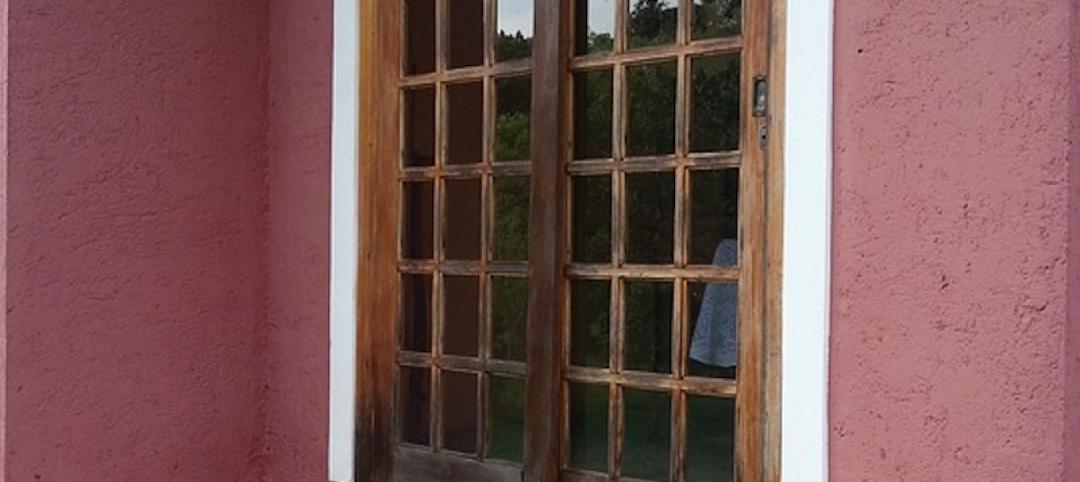Hospitals have been unable to reduce their carbon footprint over the past 20 years, according to Grumman/Butkus Associates (G/BA).
The firm recently released the results of its 2018 Hospital Energy and Water Benchmarking Survey that tracks healthcare facilities’ resource usage trends and costs for calendar year 2017. Hospitals’ average carbon footprint has remained fairly steady at 50 to 60 pounds of CO2 equivalent per ft2 per year since G/BA began calculating carbon data in 1999.
Hospitals’ overall fossil fuel use has trended slightly downward, but electricity use isn’t declining as much. The average combined Btu/ft2 (electricity plus gas/steam) for participating facilities was 241,733 in CY2017, up slightly from CY2016 (236,910 Btu/ft2).
Square-foot prices for gas/steam rose modestly ($0.75 in 2017, compared with $0.71 in 2016), but square-foot prices for electricity climbed more sharply ($2.41 in 2017, vs. $2.25 in 2016). Hospital water/sewer use is gradually declining, currently averaging about 48 gallons per square foot per year (compared with more than 60 gallons/ ft2/year a decade ago).
Related Stories
Codes and Standards | Nov 30, 2018
Best solution to prevent California wildfire disasters: Stop building in places likely to burn
Approach would be unpopular as people attracted to stunning wooded landscapes.
Codes and Standards | Nov 29, 2018
USGBC and BRE form partnership
Two green standards groups will collaborate on standards, platforms, and research.
Codes and Standards | Nov 29, 2018
Parking garages in N.Y. State will have to be inspected every three years
Professional engineer must assess conditions.
Codes and Standards | Nov 28, 2018
To build water-efficient cities, water managers and urban planners must coordinate better
Lack of time and resources, and practitioners not in habit of working together hamper efforts.
Codes and Standards | Nov 27, 2018
AAMA updates specification for roller assemblies in sliding doors, and lift and slide doors
Last update was in 2015.
Codes and Standards | Nov 26, 2018
All LEED-certified buildings eligible for LEED recertification
Projects must submit 12 months of data demonstrating continued or improved performance.
Codes and Standards | Nov 20, 2018
OSHA publishes updates to crane operator certification requirements
Long-delayed rules accept certifications by type or type and capacity.
Codes and Standards | Nov 19, 2018
Guide offers understanding of elements that create successful multi-floor communal spaces
CTBUH technical document analyzes how to approach tall urban habitat.
Codes and Standards | Nov 16, 2018
2018 International Green Construction Code released
Updated version helps governments streamline code development and adoption.
Codes and Standards | Nov 15, 2018
New versions of DOE’s EnergyPlus engine and the OpenStudio software development kit released
New offerings resolve over 70 bugs and offer new features.

















